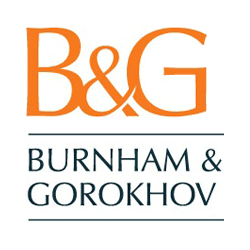The Court upheld Dr. Eastman’s claims of privilege over 440 of the 599 documents at issue. The Court also upheld in part Dr. Eastman’s argument that certain of the materials sought by the January 6th committee were protected by the First Amendment. The decision represents the first time a federal court has held that the January 6th committee’s activities infringe on First Amendment freedoms.
The Court ordered a single document produced pursuant to the so-called crime-fraud exception. The Court had previously ordered one other document produced pursuant to the crime-fraud exception in a March 28 order. Neither document was authored by Dr. Eastman or addressed to Dr. Eastman’s client, former President Trump.
As was the case with the Court’s March 28 order, the Court’s crime-fraud findings were not subject to the presumption of innocence, proof beyond a reasonable doubt, or any of the other constitutional protections normally applicable to criminal proceedings.
Dr. Eastman remains of the view that seeking to influence action by Congress in order to address the significant evidence of illegality and fraud in the election—evidence that only grows by the day—is not only not criminal, but is fully protected by the First Amendment’s Freedom of Speech and right to petition the government for redress of grievances.

